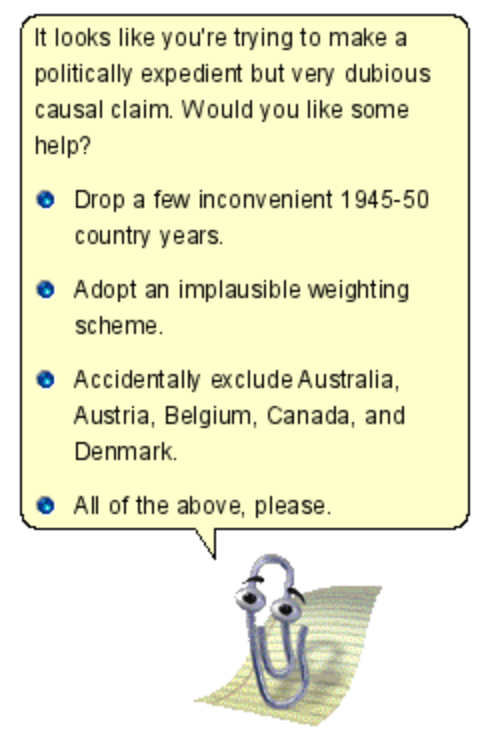In November 2004, 50.7% of the American population voted for George W. Bush; 48.3% voted for John Kerry.
The headline in the New York Times read: “After a Tense Night, Bush Spends the Day Basking in Victory.”
The piece began as follows:
After a long night of tension that gave way to a morning of jubilation, President Bush claimed his victory on Wednesday afternoon, praising Senator John Kerry for waging a spirited campaign and pledging to reach out to his opponent’s supporters in an effort to heal the bitter partisan divide.
“America has spoken, and I’m humbled by the trust and the confidence of my fellow citizens,” Mr. Bush told a victory party that was reconstituted 10 hours after it broke up inconclusively in the predawn hours. “With that trust comes a duty to serve all Americans, and I will do my best to fulfill that duty every day as your president.”
Flanked by his wife, Laura, and their daughters, Barbara and Jenna, and Vice President Dick Cheney and his family, Mr. Bush stood smiling and relaxed on a stage at the Ronald Reagan Building and International Trade Center to thank the campaign team that helped him to a decisive victory, outline his agenda and, 78 days before his second inauguration, speak somewhat wistfully of eventually returning home to Texas.
The Times “News Analysis” read as follows:
It was not a landslide, or a re-alignment, or even a seismic shock. But it was decisive, and it is impossible to read President Bush’s re-election with larger Republican majorities in both houses of Congress as anything other than the clearest confirmation yet that this is a center-right country – divided yes, but with an undisputed majority united behind his leadership.
Fast forward to 2013. Tonight, 50.6% of the Venezuelan population voted for Chavez’s successor Nicolas Maduro; 49.1% voted for his opponent Henrique Capriles.
The Times headline this time: “Maduro Narrowly Wins Venezuelan Presidency.”
And here’s how the article begins:
Nicolás Maduro, the acting president and handpicked political heir to Hugo Chávez, narrowly won election to serve the remainder of Mr. Chávez’s six-year term as president of Venezuela, officials said late Sunday. He defeated Henrique Capriles Radonski, a state governor who ran strongly against Mr. Chávez in October.
Election authorities said that with more than 99 percent of the vote counted, Mr. Maduro had 50.6 percent to Mr. Capriles’s 49.1 percent. The turnout, while strong, appeared to be somewhat below the record levels seen in October, a sign that Mr. Maduro may not enjoy the same depth of passionate popular support that Mr. Chávez did.
Update (1 am)
Nathan Tankus just pointed out on Twitter another point of comparison I missed: “I love the focus on ‘hand picked successor’. Pretty sure ‘son of former president’ sounds more nepotistic.” Nathan then added that the phrase was in fact “hand picked political heir,” which makes the comparison even starker!


